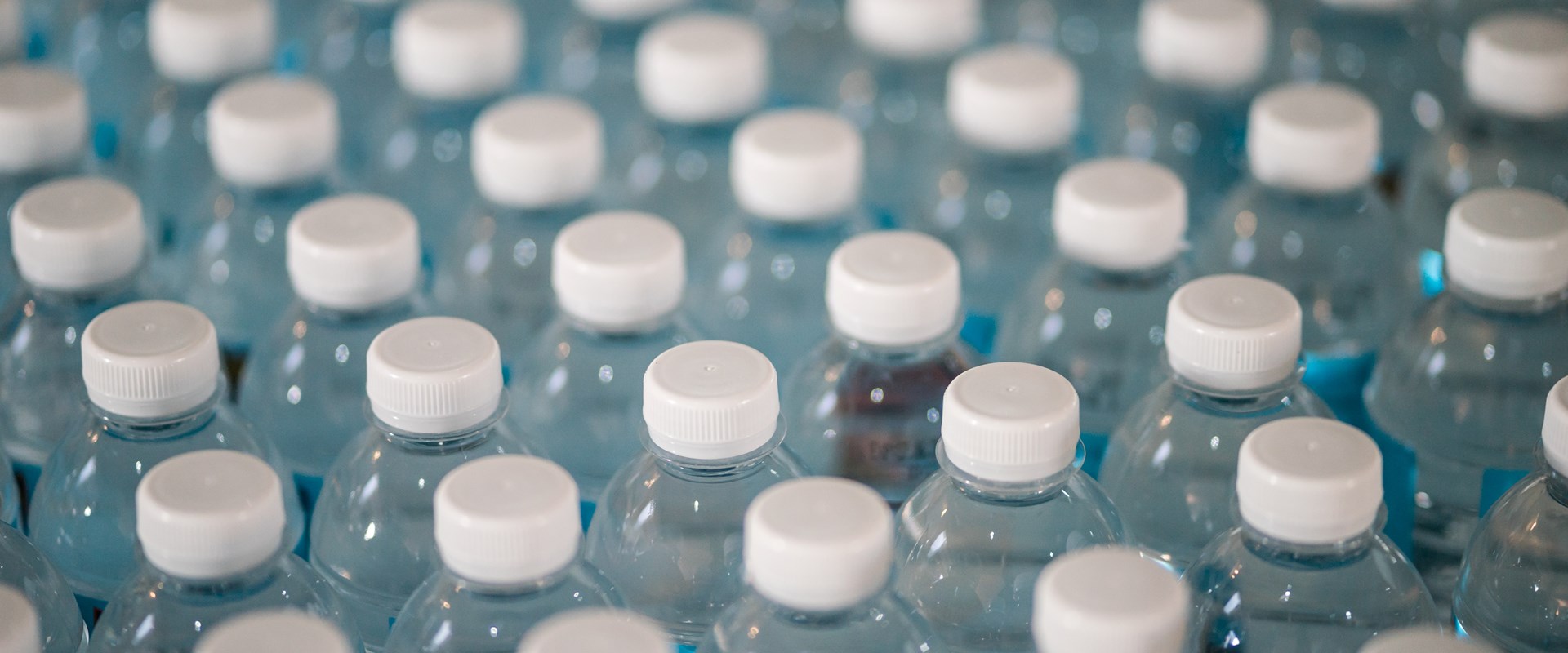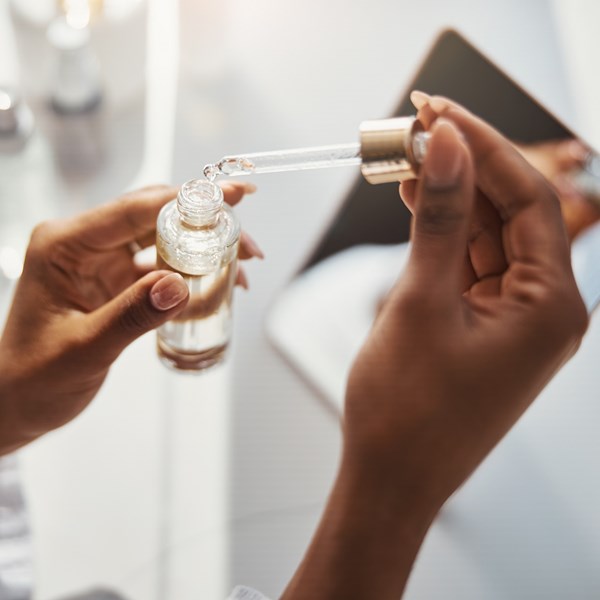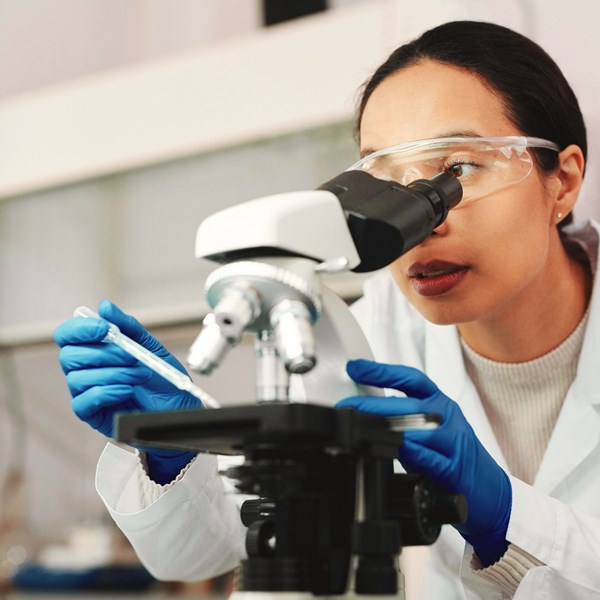Plastic is often referred to as the material of the 20th century. However, in recent years, the reputation of plastics has been tainted due to largely poor degradation and reusability. The latest innovations and scientific developments were highlighted at the recent Global Research & Innovation in Plastics Sustainability (GRIPS) virtual conference.
REDUCE, REUSE OR RECYCLE?
Over the conference’s three days, reusing and recycling were emphasised as crucial for accelerating the plastics movement towards a circular economy.
Better performing polymers, along with a change in consumer perception of recycled product quality, were highlighted as being key in order to encourage consumers to reuse and purchase recycled products. Recycling methods such as pyrolysis, depolymerisation and mechanical recycling are currently used.
In the “Chemical Recycling Today” session, interesting points were made on issues surrounding standard mechanical recycling processes, including unwanted degradation of the recycled product. The question therefore arises: how can waste plastic be turned into virgin grade products?
Big names in the chemicals industry, such as BASF, are exploring different chemical recycling techniques to turn plastic waste back into useful feedstock products. For example, by using BASF’s ChemCycling™ process, waste plastic materials can be turned into a versatile raw material.
Often, the smaller the unit that the waste polymer can be broken down into, the more adaptable it is in making new products, some of which are unrecognisable from the product of the first life cycle. However, it is important to recognise that in order to obtain a higher purity feedstock and output quality, a higher energy input is also required.
Play-offs between energy consumption, costs and recycled product quality was a common theme throughout the session. A second common theme was that change is needed at the beginning of the plastic lifecycle, rather than at the end. This goes hand in hand with the recent drive by a number of organisations, such as A Plastic Planet, to shift recycling responsibility from the consumer and back to the producer.
Meanwhile the “Chemical Recycling Tomorrow” session looked more closely at what can be done at the source of plastic production, potentially circumventing issues with recycling a ‘forever’ product.
For example, Viridi CO2’s technology works to utilise CO2 directly in the manufacture of new plastic materials, consequently eliminating CO2 emissions at the source of production. This is achieved by using a heterogeneous platform catalyst in order to insert CO2, at relatively mild conditions, into the backbone of polymer chains. Incorporating CO2 into the polymers also aids in any later recycling steps, by virtue of the carbonate linkages. As this technology moves from simply storing CO2 to utilising it in a manufacturing process, Viridi CO2 claim that technology such as theirs is crucial in order to meet net CO2 targets by 2050.
Other sessions covered topics on behaviour studies leading to more sustainable use and smart AI technologies for efficient waste marking and tracking.
INVESTING IN THE FUTURE
The conference also gave start-ups an opportunity to pitch their ideas in the “Start-up Initiatives to Reduce Plastic Waste” and “New Innovations in Plastic Circularity” sessions, and hear from experienced investors in a fireside chat about investing in sustainability of plastics.
From an investor’s perspective, IP rights should be properly managed to not only create a protective moat around ideas but also ensure that IP ownership and exploitation rights are fit for purpose. Non-disclosure agreements (NDA) are seen as impractical in the early stages of fundraising, as investors are used to seeing hundreds of pitches each year and NDAs can take a long time to execute. It was advised that start-ups should keep protectable IP out of the pitching process until they have a stronger relationship with the investor warranting the signing of an NDA.
Start-ups in the sustainability space may find it more difficult to secure investment than their counterparts in other sectors, such as healthcare and fintech, that present investors with more obvious returns. To attract and secure funding, start-ups need to put themselves in the best position by building an IP Blueprint for Growth.
OUTLOOK
In a field where industry can be very slow to adopt new technologies, it is clear that innovation is not slowing down the overall sustainability of plastics. Technology and innovation in the plastics recycling sector are moving faster than corresponding changes in society as a whole, with a crucial driver being collaboration within the sector itself. While large corporations have the money and manpower to implement new technologies on a larger scale, it is recognised that start-ups are often more agile and able to pivot quickly to new demands and regulations within the industry.
Networks such as KTN, the UK Circular Plastics Network and Women in Plastics are indispensable in bringing people together from all corners of the sector and across all stages of the plastic lifecycle.







